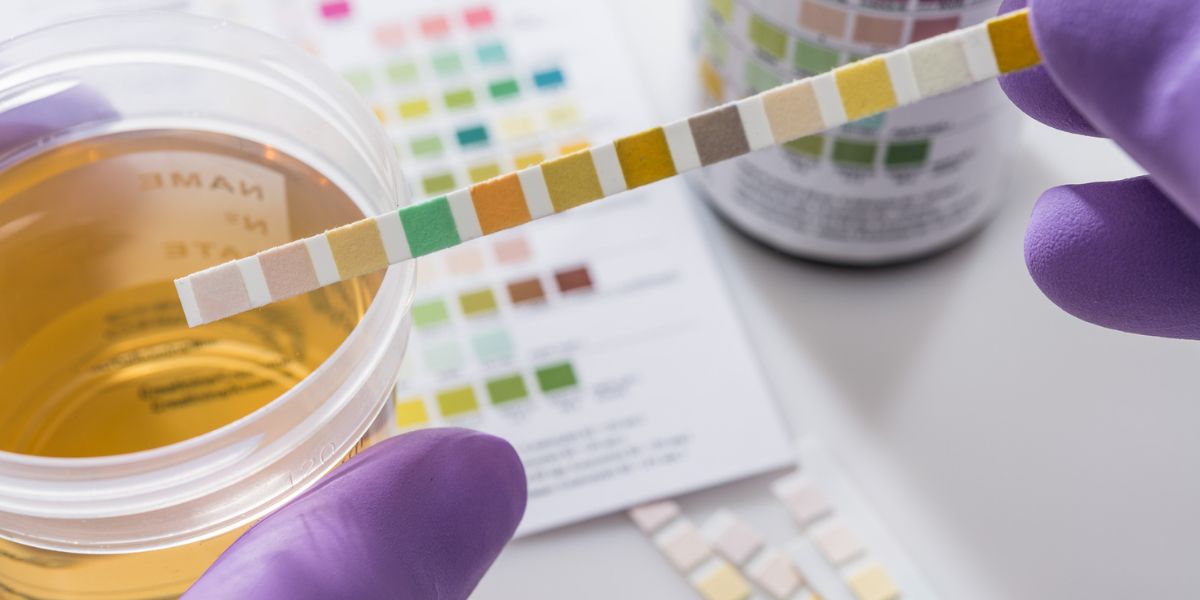The urinary system, also known as the excretory system, allows the body to remove waste or unneeded products from the body through the urine.
The urinary system can also help the body to remove excess glucose from the blood. As a result, though, high blood sugar levels can present problems for the urinary system in the short term as well as in the longer term.
Role of the excretory system
The role of the excretory system is to remove waste products such as urea, uric acid, and creatinine from the blood to be passed out of the body as urine.
The urinary system also helps us to regulate the amount of glucose, salts and water in the blood.
Components of the urinary system
The following organs and vessels make up the excretory system:
The kidneys are the filters which remove waste products and water from the blood. The resulting urine passes out of the kidneys through muscular tubes called the ureters which drain into the bladder.
The bladder gradually collects and stores urine until it can be conveniently emptied. Upon emptying, the bladder’s sphincter opens and urine travel down a tube called the urethra which empties out of the body via the genitals.
The urinary system and blood sugar levels
If the blood has an excess of glucose, the kidneys will remove glucose from the blood to be excreted in the urine.
A number of diabetes drugs, known as SGLT2 inhibitors, have been developed which reduces the amount of glucose that is reabsorbed by the kidneys, therefore more glucose is passed out of the urine.
How diabetes can affect the urinary system
Diabetes can have short term and long term effects on the urinary system. In the short term, high blood glucose levels can promote bacterial growth which can raise the risk of urinary tract infections or thrush developing.
Long term effects of diabetes on the urinary system can include kidney damage and damage to nerves controlling the bladder can result in difficulty urinating or urinary incontinence
Urinary tract infections
Urinary tract infections (UTIs) are bacterial infections which start in the genitals which can affect any part of the urinary system but are particularly dangerous, and even life threatening, if they affect the kidneys.
UTIs are therefore best treated early and this be done by taking antobiotics.
Yeast infections (thrush)
Yeast infections are fungal infections that can affect different parts of the body. Yeast infections that affect the genitals are a common type of yeast infection that is more likely to affect people with diabetes that have glucose present in their urine.
The glucose in urine provides a fertile environment for fungal infections to grow. Thrush can be treated by taking anti-fungal creams.





